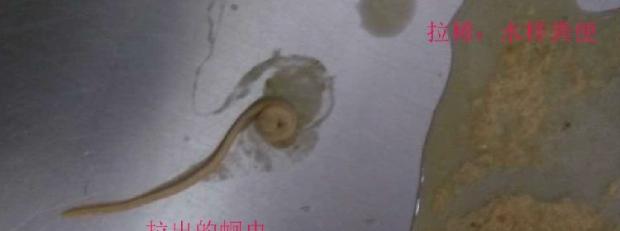I believe that everyone is familiar with roundworms. Many people should have had them when they were young, and then they would be fine after taking insecticides.
Ascaris parasites in dogs mainly include Toxocara canis and Toxocara lion, the former belongs to the genus Toxocaridaceae, and the latter belongs to the genus Toxocidae.
Toxocara canis is a common parasitic parasite of dogs that lives in the small intestine of dogs. It can also infect wolves, foxes, etc., and humans can also be infected.
Ascaris eggs under the microscope
Life History:
Puppy within six months of age: After 4 weeks of acclimatization, the eggs developed into an infectious L2 with egg, which was swallowed by the dog
Dogs over six months of age: The worms do not undergo migration development, but directly enter the blood into the whole body tissues and organs, such as liver, lung, heart, brain, skeletal muscle, etc.
After adult female dogs ingested the eggs, the larvae formed cysts in various tissues and organs.

Pulled Ascaris
Hazard:
Ascaris parasites live in the small intestine, plundering nutrients and causing nutritional deficiencies and stunting in the body.
When the host immunity declines such as: fever, pregnancy, starvation or sudden change of feed, the parasite can enter the stomach, bile duct and pancreas, causing obstruction or inflammation, and causing damage to the corresponding tissues and organs.
The metabolites and body fluids of the parasite are toxic to the host after being absorbed by the host, causing poisoning of the hematopoietic organs and nervous system.
The migration of larvae will cause mechanical damage and space-occupying lesions to tissues and organs.
The effect of roundworms on the intestinal tract may not be obvious, but if other intestinal parasites such as coccidia are mixed with other intestinal parasites, it will increase the burden on the gastrointestinal tract.
Intestinal effects of roundworms
Symptoms:
The puppies are more obvious, the larvae can cause pneumonia when migrating, manifested as cough, runny nose, etc. The symptoms can disappear on their own after 3 weeks.
Adult worms are mainly gastrointestinal symptoms, manifested as indigestion, intermittent diarrhea, stool with mucus, and sometimes vomiting.
Diagnosis:
It is mainly based on clinical symptoms combined with pathogenic examination.
Prevention and treatment: There are many drugs for deworming, commonly used are:
1. Ascaris: 100mg/kg once orally, effective for adults.
2. Levamisole: 10mg/kg once orally
3. Ivermectin: 0.2-0.2mg/kg subcutaneous injection or oral.
For Ascaris infection, prevention must be better than cure.
